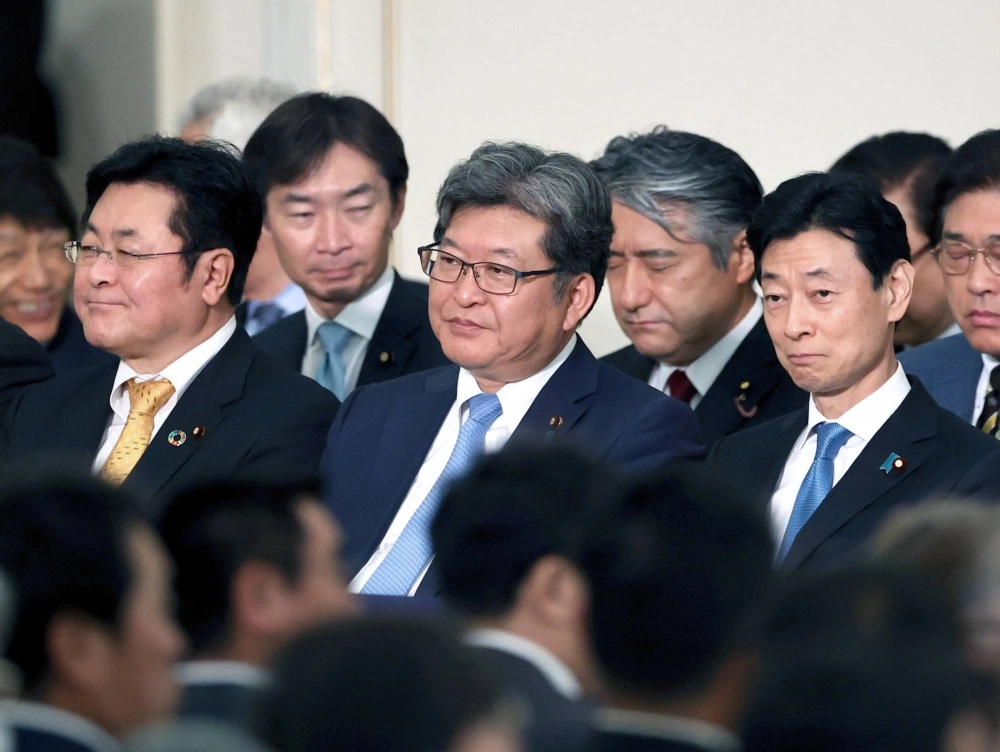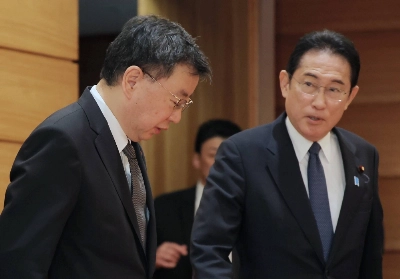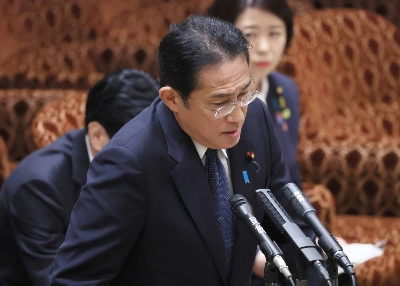As the fallout from the Liberal Democratic Party's political funds scandal continues to spread, all discussion in Japan's political world is centered on who Fumio Kishida will turn to after the expected exits of four key ministers, including his right-hand man.
The Cabinet ministers and party executives that are expected to be replaced, including Chief Cabinet Secretary Hirokazu Matsuno, are members of an LDP faction that was led by former Prime Minister Shinzo Abe before his assassination. They allegedly received tens of millions of yen in kickbacks from fundraising party ticket sales that were not reported as political funds.
In a news conference Wednesday evening, Kishida said he would make replacements the following day but declined to comment on the details.




















With your current subscription plan you can comment on stories. However, before writing your first comment, please create a display name in the Profile section of your subscriber account page.